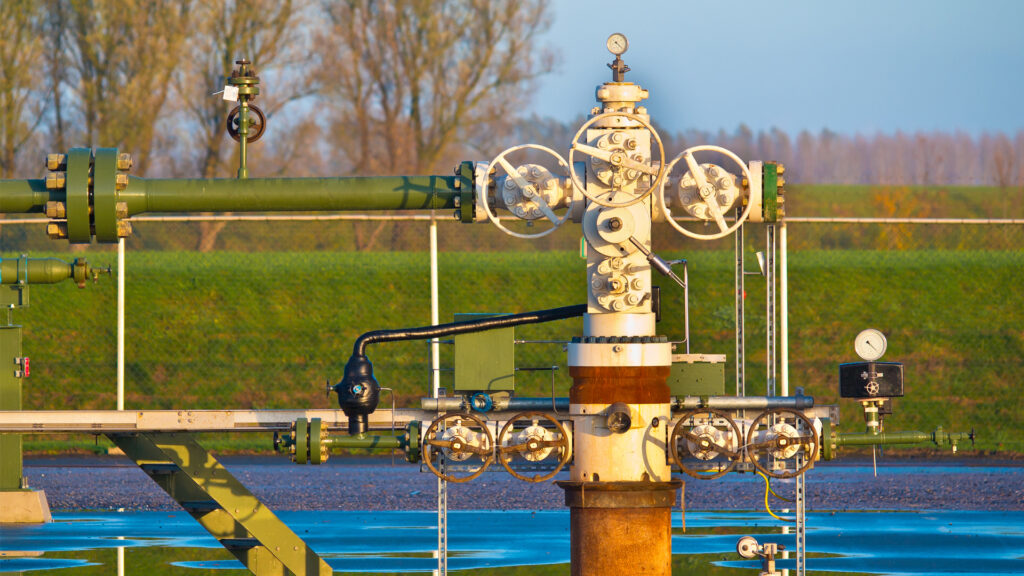By Chris Hildreth
In an opinion column, Kevin Doyle of the Consumer Energy Alliance paints a powerful picture regarding the role natural gas plays in Florida’s energy plan. Describing it as “balancing reliability, cost-effectiveness and environmental considerations while also gaining energy independence,” Doyle also touts thousands of new jobs and billions of dollars in wages.
The unfortunate downside of natural gas, which is mostly methane, is that before it’s burned, it is 80 times more dangerous than carbon dioxide. The natural gas infrastructure — from the time it is extracted, processed and transported to the end user — is porous.
When Doyle cites a 20% reduction in emissions due to the transition from coal to natural gas, he must be referring to the portion of gas that gets burned by the end user — not the leakage along the way.

Extraction methods like hydraulic fracturing (or fracking) have caused serious health conditions in populations adjacent to the drilling across the country. Beyond that are the documented perils of having gas piped into homes that include hundreds of deaths and thousands of fires annually in the United States.
Equally troubling is Doyle’s statement that “there is enough supply of natural gas under the surface of American lands to meet current needs for 86 years.” While it may be true that the transition from coal to natural gas has reduced emissions in the United States, its emissions are still expanding as are those of the entire planet.
Continued dependence on natural gas will only increase the speed of expansion.
Accumulating carbon and methane in the atmosphere is increasing ice melt at both geographic poles. While scientists have had difficulty quantifying the rate of this process, they’ve quantified the amount of ice on the globe and they are confident that melting of the enormous West Antarctic ice sheet has passed the point of no return.
By “they” I mean 97% of those who have made careers studying climate change.

The fossil fuel industry, which has known about the perils of climate change since at least the 1950s, has done little in the way of mitigation. Instead, institutions are created (like the Consumer Energy Alliance) that misrepresent the merits of natural gas while continuing to pump billions of tons of carbon into the atmosphere.
Doyle does give solar power more attention than in past columns, only to imply that it’s incapable of providing the necessary levels of energy production. He fails to mention that solar energy technology is evolving rapidly, and costs are shrinking. Also neglected is any discussion of the many other possible renewable energy options.
Fossil fuels are only getting harder to extract and more expensive to use.
I wonder just how much research Doyle has done regarding the implications of continued dependence on fossil fuels for the health and welfare of humanity. I’m certain, however, that most of the utility providers listed on the member page of the Consumer Energy Alliance website have done the research — they know exactly what those implications are.
Chris Hildreth lives in Jacksonville. This opinion piece was originally published by the Florida Times-Union, which is a media partner of The Invading Sea.
If you are interested in submitting an opinion piece to The Invading Sea, email Editor Nathan Crabbe at ncrabbe@fau.edu. Sign up for The Invading Sea newsletter by visiting here.



